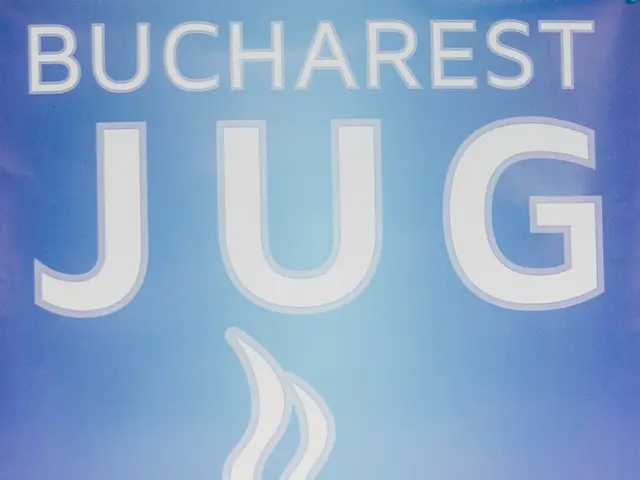Government to Provide Financial Aid to Nassa Group, Paving Way for Continued Factory Operations
Government Intervenes to Support Troubled Garment Manufacturer Nassa Group
The Bangladesh government has stepped in to help Nassa Group, a significant garment manufacturer, continue operations and pay worker salaries, despite the company's mounting debt and a money laundering case against its chairman.
Nearly all Nassa Group companies have become non-performing borrowers, making it difficult for them to access credit under banking regulations. Even companies that are not currently in default require Bangladesh Bank approval for loans.
In response, the government has prepared special financial and policy support measures to help Nassa Group. These interventions include allowing the group to open back-to-back letters of credit (LCs) despite their loan defaults, prioritizing wage payments and factory expenses over bank loan recoveries, and coordinating this support through Bangladesh Bank, the Ministry of Labour and Employment, and the Financial Institutions Division.
A high-level meeting involving Nassa Group representatives and seven creditor banks led Bangladesh Bank to prepare a circular for banks to facilitate back-to-back LCs. This move is designed to sustain over 25,000 workers employed by Nassa and prevent factory closures and worker unrest.
The policy is part of broader government efforts similar to those previously extended to Beximco Group, another major garment manufacturer facing financial difficulties. The government's approach focuses on stabilizing operations and safeguarding wages before addressing loan recovery.
For back-to-back LCs, creditor banks will not be allowed to claim repayment for loans from the proceeds; funds will be used first for worker wages and regular expenses, with any surplus applied to loan repayment. The labour ministry has intervened to prevent unrest and avoid factory closures, requiring Tk40-42 crore in monthly wages for 25,000-27,000 workers.
It's important to note that the chairman of Nassa Group, Nazrul Islam Mazumder, was arrested and is currently in custody for allegedly laundering Tk781 crore abroad. Factory output has declined, and subcontracting has been sharply reduced. July salaries are still pending, and some workers have protested over unpaid wages.
The Criminal Investigation Department (CID) has filed a money laundering case against Mazumder, accusing him of siphoning funds abroad and laundering hundreds of crores across various countries. Nassa Group owes Tk10,300 crore to 22 banks.
The Bangladesh Bank will soon issue instructions enabling banks to open back-to-back LCs for Nassa Group. The Ministry of Labour and Employment initiated the intervention at the request of the Financial Institutions Division. The intervention is crucial given Nassa Group's significant workforce and the potential for social unrest if factories close or wages are not paid.
This news comes after a meeting at the Bangladesh Bank with representatives from Nassa Group and seven of its financing banks to discuss the plan. The government's intervention includes loans from various banks such as Islami Bank, Social Islami Bank, Global Islami Bank, National Bank, IFIC Bank, Al-Arafah Islami Bank, and Shahjalal Islami Bank.
In conclusion, the government's intervention aims to help Nassa Group maintain its operations, pay worker salaries, and prevent potential social unrest. The plan involves allowing back-to-back LCs despite defaults, prioritizing payment of wages and factory operational costs over immediate loan repayments, and coordinating policy and financial support across central bank and relevant ministries. The government is seeking cooperative engagement from creditor banks to sustain factory operations until stability is restored.
The government's efforts to support Nassa Group extend beyond the garment industry, as they follow similar measures taken for Beximco Group in response to general-news financial difficulties. Banks, notably Islami Bank, Social Islami Bank, Global Islami Bank, National Bank, IFIC Bank, Al-Arafah Islami Bank, and Shahjalal Islami Bank, are providing loans as part of this industry-wide strategy.
The government's intervention in the business sector, focusing on the troubled Nassa Group, includes special financial and policy support designed to maintain the company's operations in the finance realm and prevent potential worker unrest within the general-news sector.




